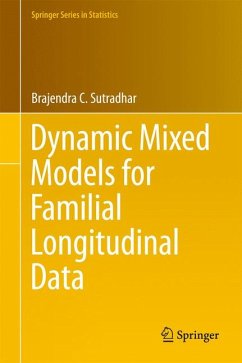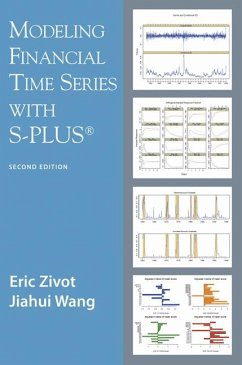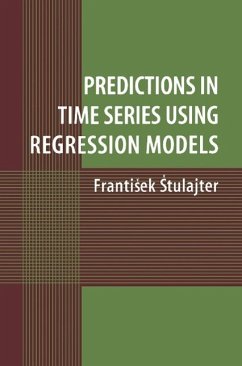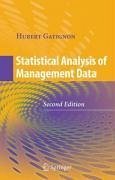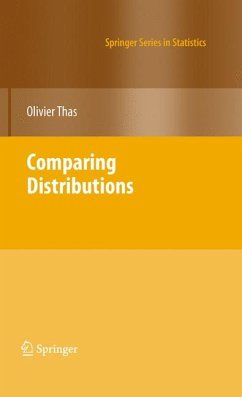
Advances in Social Science Research Using R (eBook, PDF)
Versandkostenfrei!
Sofort per Download lieferbar
120,95 €
inkl. MwSt.
Weitere Ausgaben:

PAYBACK Punkte
60 °P sammeln!
Quantitative social science research has been expanding due to the ava- ability of computers and data over the past few decades. Yet the textbooks and supplements for researchers do not adequately highlight the revolution created by the R software [2] and graphics system. R is fast becoming the l- gua franca of quantitative research with some 2000 free specialized packages, where the latest versions can be downloaded in seconds. Many packages such as "car" [1] developed by social scientists are popular among all scientists. An early 2009 article [3] in the New York Times notes that statisticia...
Quantitative social science research has been expanding due to the ava- ability of computers and data over the past few decades. Yet the textbooks and supplements for researchers do not adequately highlight the revolution created by the R software [2] and graphics system. R is fast becoming the l- gua franca of quantitative research with some 2000 free specialized packages, where the latest versions can be downloaded in seconds. Many packages such as "car" [1] developed by social scientists are popular among all scientists. An early 2009 article [3] in the New York Times notes that statisticians, engineers and scientists without computer programming skills ?nd R "easy to use." A common language R can readily promote deeper mutual respect and understanding of unique problems facing quantitative work in various social sciences. Often the solutions developed in one ?eld can be extended and used in many ?elds. This book promotes just such exchange of ideas across many social sciences. Since Springer has played a leadership role in promoting R, we are fortunate to have Springer publish this book. A Conference on Quantitative Social Science Research Using R was held in New York City at the Lincoln Center campus of Fordham University, June 18-19, 2009. This book contains selected papers presented at the conference, representing the "Proceedings" of the conference.
Dieser Download kann aus rechtlichen Gründen nur mit Rechnungsadresse in A, B, BG, CY, CZ, D, DK, EW, E, FIN, F, GR, HR, H, IRL, I, LT, L, LR, M, NL, PL, P, R, S, SLO, SK ausgeliefert werden.






